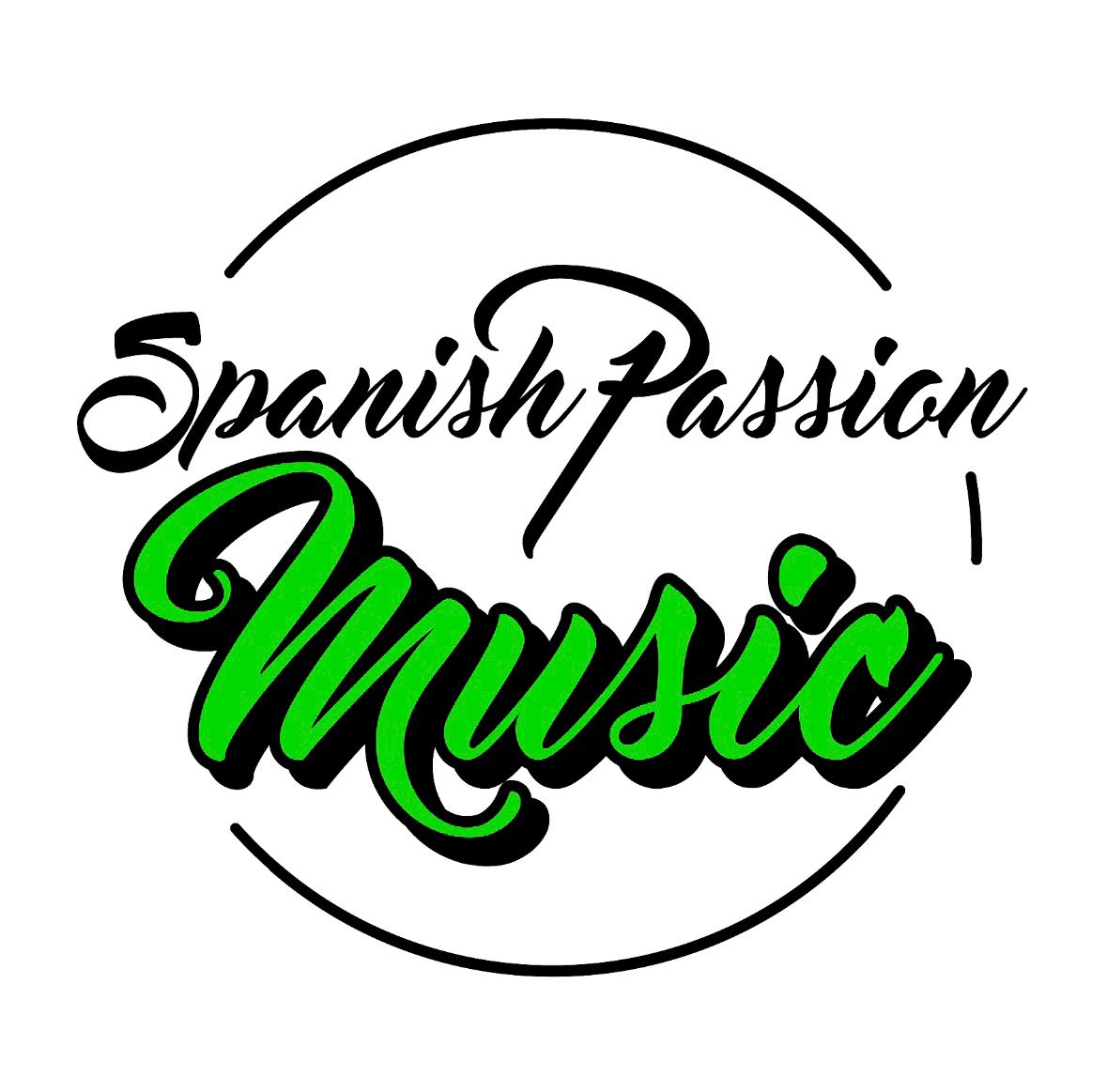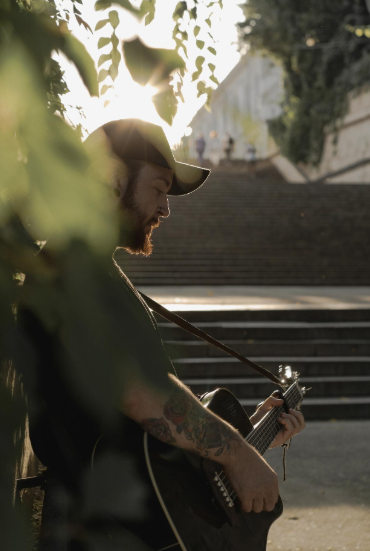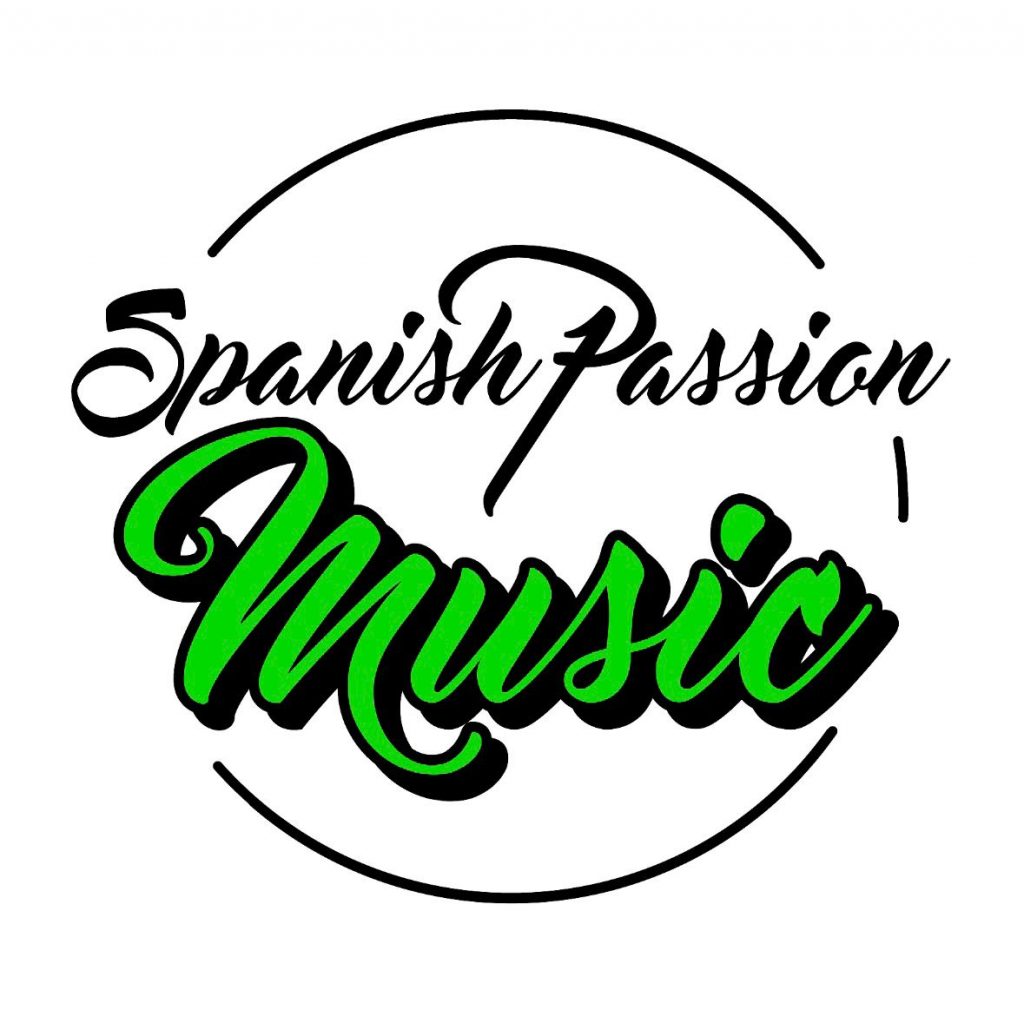Creating music is an artistic act, but it is also a legal act. If you don't protect what you create, you're leaving the door open for others to exploit, copy or profit from your work without giving you credit or income. Here is a clear and practical guide to making sure your songs are copyrighted and your rights are protected.
What is copyright?
They are the set of legal rights that any creator automatically obtains for the simple fact of having composed an original work: a lyric, a melody, an instrumental base, etc.
There are two key types:
- Moral rightsYou are acknowledged as the author of the work. No one can attribute it to you without your permission.
- Economic rights: they allow you to earn money from the use, reproduction or synchronisation of that work.
Why is it important to register them?
Because although authorship is automatically born when the work is created, registration is the legal proof. In case of plagiarism, use without permission or disputes, the registry is your backing before any entity or court.
Where are the songs recorded?
It depends on the country, but there are two main routes:
1. Official intellectual property registers
- In Spain: Registro de la Propiedad Intelectual (Intellectual Property Registry)
- In Mexico: INDAUTOR
- In Argentina: Dirección Nacional del Derecho de Autor
- In Colombia: Dirección Nacional de Derecho de Autor
- You can also use international platforms such as Safe Creative or Copyright.gov (USA).
This type of registration is legally binding and recommended if you want maximum protection.
2. Collective management societies
These entities, such as SGAE (Spain), SACM (Mexico), ASCAP/BMI (USA), allow:
- Register your works as author or composer
- Collect royalties for use in concerts, radio, television, platforms, etc.
- Manage synchronisation or public communication licences
Registering as a member and declaring your works allows you to start monetising your music on an international scale.
What if there are several authors?
If a song has been composed by several people, it must be registered indicating the percentage of authorship of each one. This step is key to avoid future conflicts. Ideally, it is best to sign a split sheet (delivery sheet) as soon as the work is completed.
What about purchased beats or licences?
If you use a beat purchased online, make sure it is:
- You have a valid licence (exclusive or lease)
- You can credit the producer according to the terms
- You understand what rights you are (and are not) acquiring.
Many disputes arise from using instruments without reading the terms and conditions properly.
Practical advice
- Register all your songs before publishing them
- Save original projects (DAW, notes, demo audios) as back-up
- Use platforms like Safe Creative if you need agility or zero cost.
- Review contracts or agreements before signing any assignment of rights.
Conclusion
Protecting your music is protecting your career. It's not a boring procedure: it's the legal basis that allows you to grow safely, get paid what you're entitled to and defend what's yours. If you are an independent artist, registering your work is not an option: it is a professional obligation.


